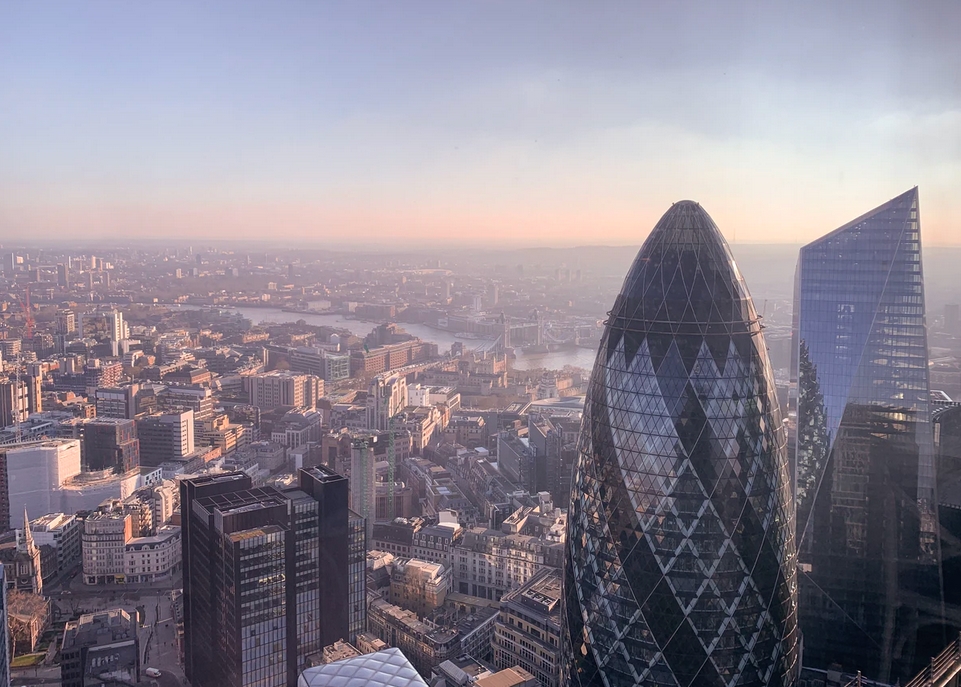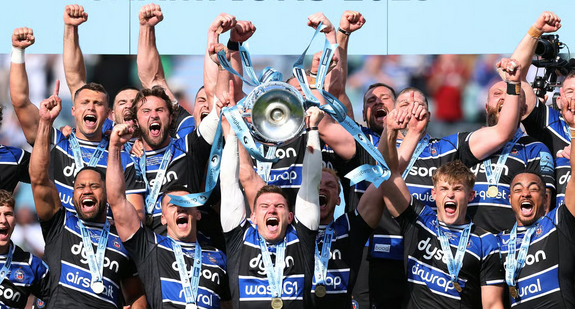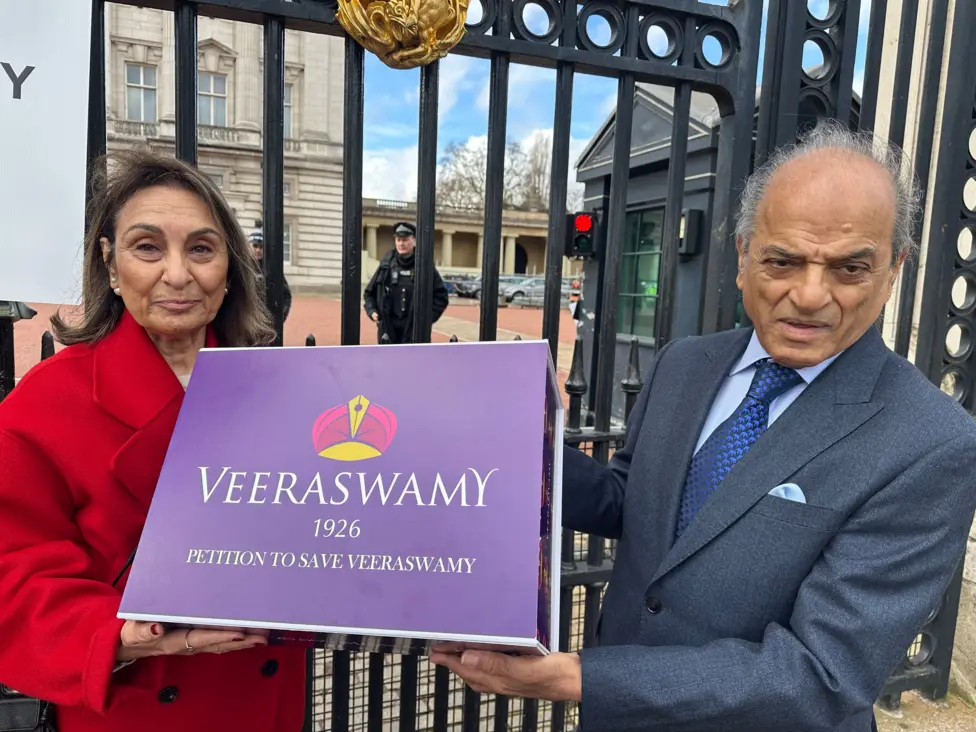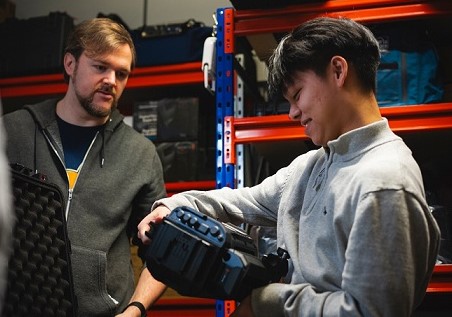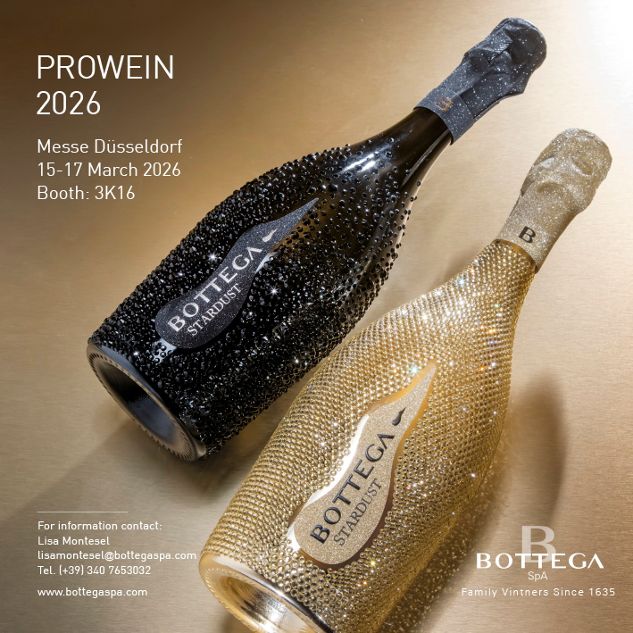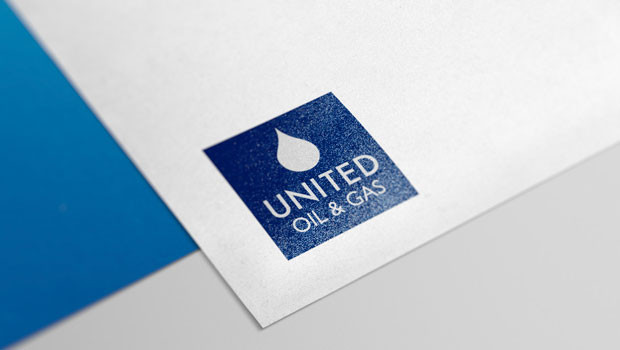Following the agreement announced on Christmas Eve, after months of fraught talks on issues such as fishing rights and business rules, Prime Minister Boris Johnson's chief Brexit negotiator, Lord Frost, has said the new trade deal between the UK and the EU marks the beginning of a moment of national renewal.
He (Lord Frost) described the agreement as "one of the biggest and broadest" ever, with MPs voting on the deal in Parliament on December 30, as the UK prepares to exit existing trading rules on December 31. The European Parliament also needs to ratify it, while EU ambassadors received a Christmas Day briefing on the trade deal from EU negotiator Michel Barnier. A 1,246-page document, which has been published on the UK government's website, sets out the post-Brexit relationship with the EU and includes about 800 pages of annexes and footnotes.
When speaking to reporters, Lord Frost said: "There's no more role for the European Court of Justice, there's no direct effects of EU law, there's no alignment of any kind, and we're out of the single market and out of the customs union just as the manifesto said we would. "All choices are in our hands as a country and it's now up to us to decide how we use them and how we go forward in the future."
Senior members of the UK negotiating team added the deal allowed for a "managed divergence" from EU rules and standards. A free trade agreement usually rules out tariffs being applied to imported goods. Under the terms of this deal if either party acts in a way the other views as anti-competitive, they can go to an independent arbitrator. If that doesn't resolve the complaint, either party can impose tariffs.
The French Minister for Europe Clément Beaune said: "There is no country in the world that will be subject to as many export rules to us as the UK."
But the UK negotiators described the rules as "standard" for third party trade deals.
Labour leader Sir Keir Starmer - who campaigned against Brexit - said the deal did not provide adequate protections for jobs, manufacturing, financial services or workplace rights and was "not the deal the government promised". But with no time left to renegotiate, the only choice was between "this deal or no deal", he added.
European Commission President Ursula von der Leyen described it as "fair" and "balanced", saying it was now "time to turn the page and look to the future".



